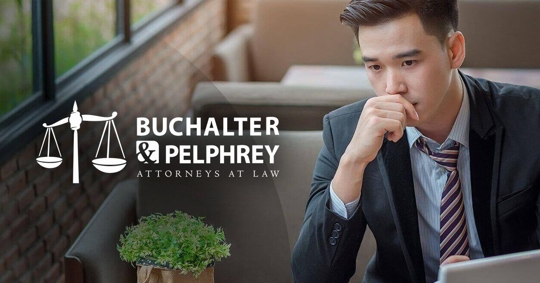Bankruptcy can be confusing, but it doesn't have to be. Below are some common terms that might come up in your case.
Adversary Proceeding
A lawsuit that happens when someone files a complaint with the court. Typically, these lawsuits are filed separately from the case, but the action is often related to an issue that may arise during the case.
Automatic Stay
A court order that automatically stops lawsuits, garnishments, foreclosures, and collection activity against the debtor. Once the automatic stay is in place, collection agents cannot contact the debtor about what they owe. If a creditor makes contact regardless of the automatic stay, the debtor may take legal action.
Bankruptcy Code
The shorthand name for 11 U.S.C. §§ 101-1330, the federal bankruptcy code of law.
Bankruptcy Petition
This is the document that begins the bankruptcy case. Petitions can be either voluntary or involuntary.
- Voluntary petitions are filed by the debtor
- Involuntary petitions are submitted to the court by the creditor(s)
Chapter 7
Also known as "liquidation," Chapter 7 involves selling the debtor's nonexempt property and assets to satisfy their debts.
Chapter 13
Reorganization allows the debtor to draft a repayment plan which consolidates their debts into a manageable schedule. Debtors must pay off all debt within three or five years.
Consumer Debts
These are personal debts, including:
- Credit card debt
- Personal loans
- Medical bills
- Student loans
Discharge
Discharge is the release of personal liability from specific debts. Discharge prevents further collection actions, and the debtor no longer owes money to the creditors. Essentially, this erases the debt.
Equity
This is the value of interest associated with the property. For example, if a house is worth $100,000 and the mortgage is $70,000, the homeowner has $30,000 equity in their home.
Exemptions
Some properties may be exempt from liquidation. Typically, property necessary to maintain a living is more likely to be exempt. For example, a car is exempt because the debtor needs it to get to work. For example, a car is exempt because the debtor needs it to get to work. REMOVE THIS SENTENCE
Remember: exemptions may vary depending on the state and your unique circumstances.
Joint Administration
In some cases, the court may allow two or more cases to be administered together as long as there are no conflicts of interest.
Lien
The right belonging to a creditor to hold/sell the property for non-payment of a debt.
Means Test
Under Chapter 7, debtors must pass a means test to determine their eligibility for bankruptcy. Debtors must submit documentation of their income and assets to the court for evaluation. If they pass, the bankruptcy case can continue; if they fail, the case is dismissed or converted to a different chapter.
Objection to Dischargeability
A trustee or creditor may dispute the debtor's release from their financial obligations. This can happen if the debt was incurred under false pretenses or if the debtor committed fraud.
Preferential Debt Payment
If a debt payment is sent to a creditor 90 days before filing for bankruptcy and is worth more than what the creditor would receive under Chapter 7, it is considered a preferential debt payment.
Reaffirmation Agreement
This is an agreement between the debtor and a creditor that is filed with the court to continue paying off a dischargeable debt after bankruptcy to keep collateral. In Florida, it is most common when retaining a vehicle that money is still owed on.
Secured Debt
Debts, where the creditor has the right to collect property upon default, are secured.
These debts include:
- Mortgages
- Loans with pledges of collateral
- Liens
Trustee
In some bankruptcy cases, a trustee is needed to oversee the liquidation of assets to pay creditors. Trustees are representatives of the court who act on the court's behalf to carry out and manage the case.
341 Meeting
This is a meeting of creditors where the debtor is questioned under oath in front of a trustee and examiner, also called a creditors' meeting.
For more information, contact Buchalter & Pelphrey Attorneys At Law and schedule your free initial case evaluation today.

